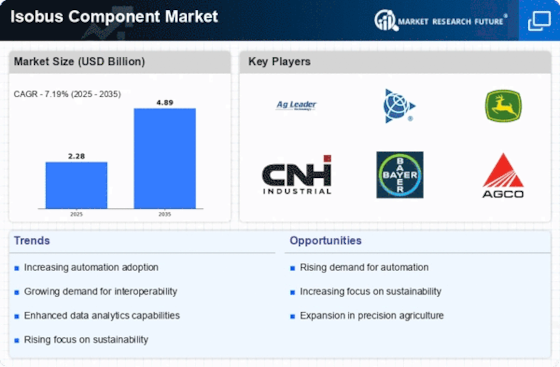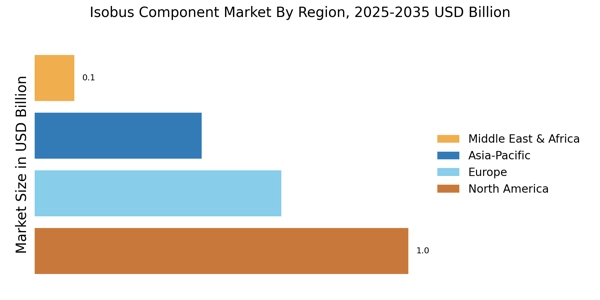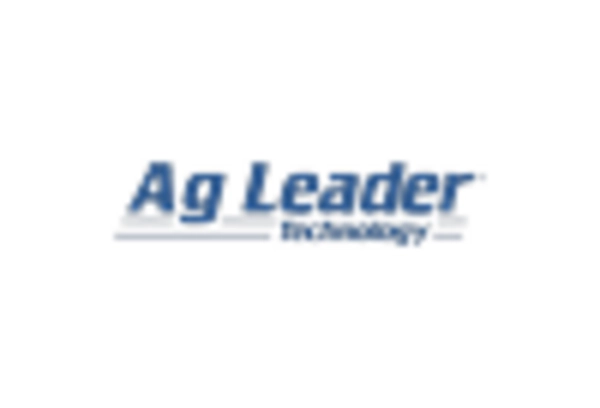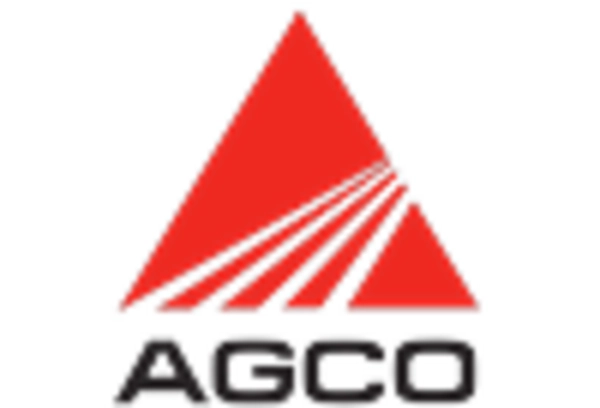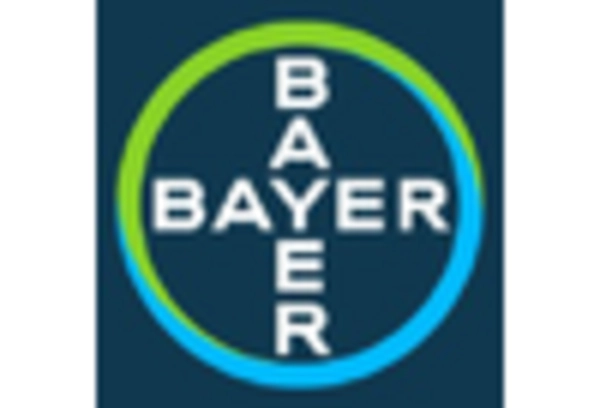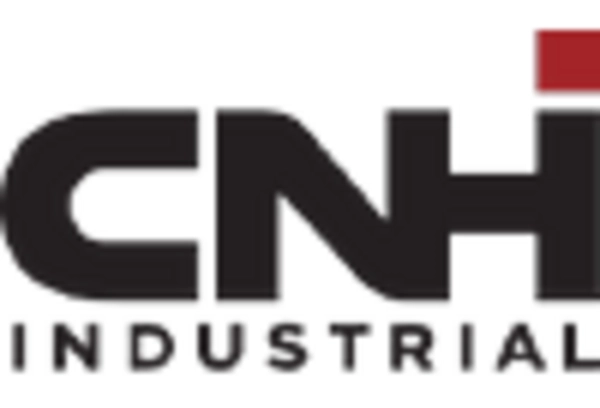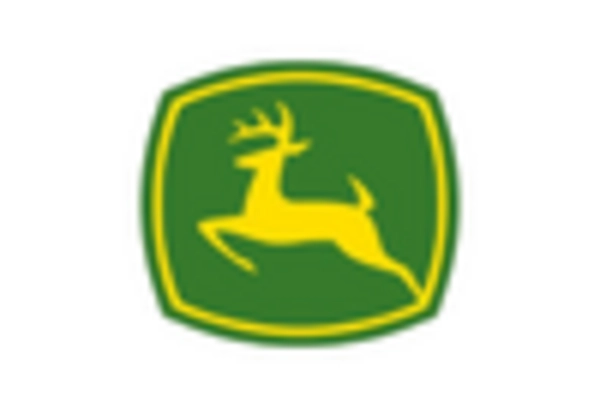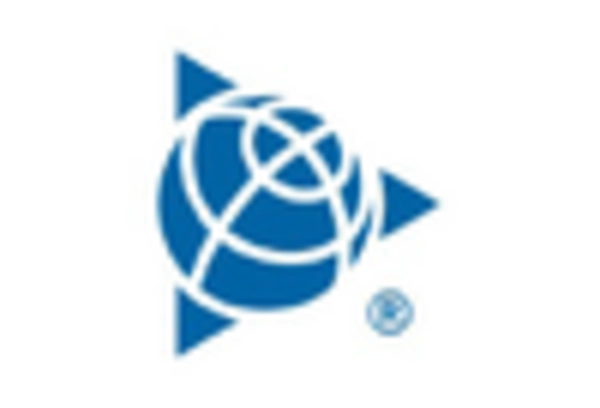Government Initiatives and Support
Government initiatives aimed at modernizing the agricultural sector are playing a crucial role in the isobus component Market. Various countries are implementing policies and providing financial incentives to promote the adoption of advanced agricultural technologies. For instance, subsidies for precision farming equipment and grants for research and development in agricultural technology are becoming more common. These initiatives are expected to bolster the market for Isobus components, as they facilitate the integration of modern machinery and systems. With an increasing focus on food security and sustainable practices, government support is likely to drive innovation and investment in the Isobus Component Market, fostering a more efficient agricultural landscape.
Rising Adoption of Precision Agriculture
The Isobus Component Market is experiencing a notable surge in the adoption of precision agriculture techniques. Farmers are increasingly utilizing advanced technologies to enhance crop yields and optimize resource usage. This trend is driven by the need for efficiency and sustainability in agricultural practices. According to recent data, the precision agriculture market is projected to reach USD 12 billion by 2025, indicating a robust growth trajectory. As precision agriculture relies heavily on integrated systems, the demand for Isobus components is likely to increase, facilitating seamless communication between various agricultural machinery and equipment. This integration not only improves operational efficiency but also supports data-driven decision-making, which is essential for modern farming practices.
Integration of Smart Farming Technologies
The Isobus Component Market is significantly influenced by the integration of smart farming technologies. As the agricultural sector embraces the Internet of Things (IoT), the need for interconnected devices and systems becomes paramount. Smart farming solutions, which include sensors, drones, and automated machinery, require reliable communication protocols, such as Isobus, to function effectively. The market for smart farming is expected to grow at a compound annual growth rate of 12% over the next few years, further driving the demand for Isobus components. This integration not only enhances operational efficiency but also allows for real-time monitoring and management of agricultural processes, thereby improving productivity and sustainability.
Emergence of Sustainable Farming Practices
The Isobus Component Market is being shaped by the emergence of sustainable farming practices. As environmental concerns grow, farmers are increasingly adopting methods that minimize ecological impact while maximizing productivity. This shift towards sustainability often necessitates the use of advanced technologies that require Isobus components for effective operation. For example, precision irrigation systems and eco-friendly machinery rely on Isobus for optimal performance. The market for sustainable agriculture is expected to expand significantly, with projections indicating a growth rate of 10% annually. This trend not only reflects changing consumer preferences but also highlights the critical role of Isobus components in facilitating sustainable practices within the agricultural sector.
Growing Focus on Data-Driven Decision Making
The Isobus Component Market is witnessing a growing emphasis on data-driven decision making within the agricultural sector. Farmers and agribusinesses are increasingly relying on data analytics to inform their operational strategies, optimize resource allocation, and enhance productivity. The integration of Isobus components allows for the seamless collection and analysis of data from various agricultural machinery, enabling stakeholders to make informed decisions. As the market for agricultural data analytics is projected to reach USD 5 billion by 2026, the demand for Isobus components is likely to rise in tandem. This trend underscores the importance of connectivity and interoperability in modern agriculture, as data-driven insights become essential for competitive advantage.


